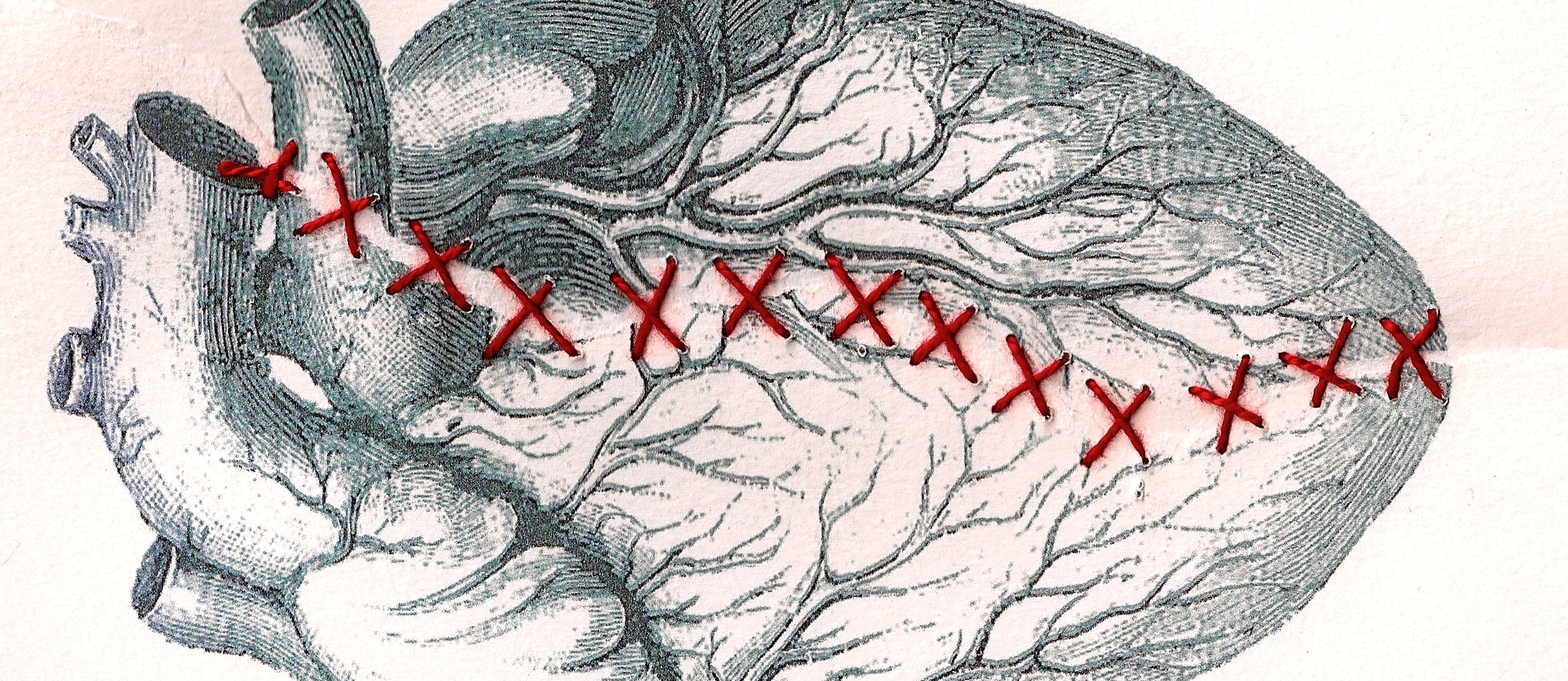It was proven decades ago that heart disease could be reversed with a plant-based diet. And yet hundreds of thousands of Americans continue to needlessly die. Why the disconnect? That’s the subject of this morning’s NutritionFacts.org video-of-the-day The Tomato Effect.
On Tuesday, in Resuscitating Medicare, I celebrated the news that Medicare was finally reimbursing plant-based diet programs for heart disease reversal, and shared a personal story of how my grandmother’s miraculous recovery from terminal heart disease inspired my own career in lifestyle medicine. On Wednesday, in Our Number One Killer Can Be Stopped, I featured Dr. Dean Ornish’s landmark 1990 study proving that heart disease can be reversed without drugs and surgery, and yesterday, China Study on Sudden Cardiac Death explained that there is nothing natural about getting heart disease or dying from it. If a plant-based diet can prevent, stop, and reverse heart disease, why are millions still condemned to die?
In The Tomato Effect I feature Dr. Caldwell Esselstyn’s landmark Preventive Cardiology editorial, “Resolving the coronary artery disease epidemic through plant-based nutrition.” Dr. Esselstyn, whose book Prevent and Reverse Heart Disease inspired President Clinton’s dietary shift, details the “several mutually reinforcing institutional and commercial interests [that] oppose this lifestyle intervention,” from the billions raked in by the drug companies and stent manufacturers, to agribusiness influence resulting in USDA dietary recommendations “laden with foods that predispose millions of Americans to perish from cardiovascular disease.”
Financial interests and influence help explain institutional biases in government and among, say, cardiothoracic surgeons and interventional cardiologists, but why does the medical profession in general appear so resistant to embracing plant-based diets, the proven cure? The “Tomato Effect” describes a slavish devotion to orthodoxy within the medical establishment that has led to a long history of rejecting highly efficacious therapies because they happen to go against the prevailing conventional wisdom. Eventually, the truth wins out, but until then, how many more people have to die?
Dr. Esselstyn concludes an editorial he published in the American Journal of Cardiology last year with these words:
“The time is long overdue for legendary work. We can hardly be proud of a drug and interventional therapy that results in death, morbidity, inordinate expense, and disease progression and can never halt this food-borne epidemic. Every patient with this disease should be made aware of this safe, simple, enduring option to cure himself or herself. Most coronary disease need never exist, and where it does exist, it need not progress…. It’s simple: advocate a lifestyle of plant-based nutrition, make a bold leap toward a world free of heart disease, and lessen our use of scalpels and drugs.”
-Michael Greger, M.D.
